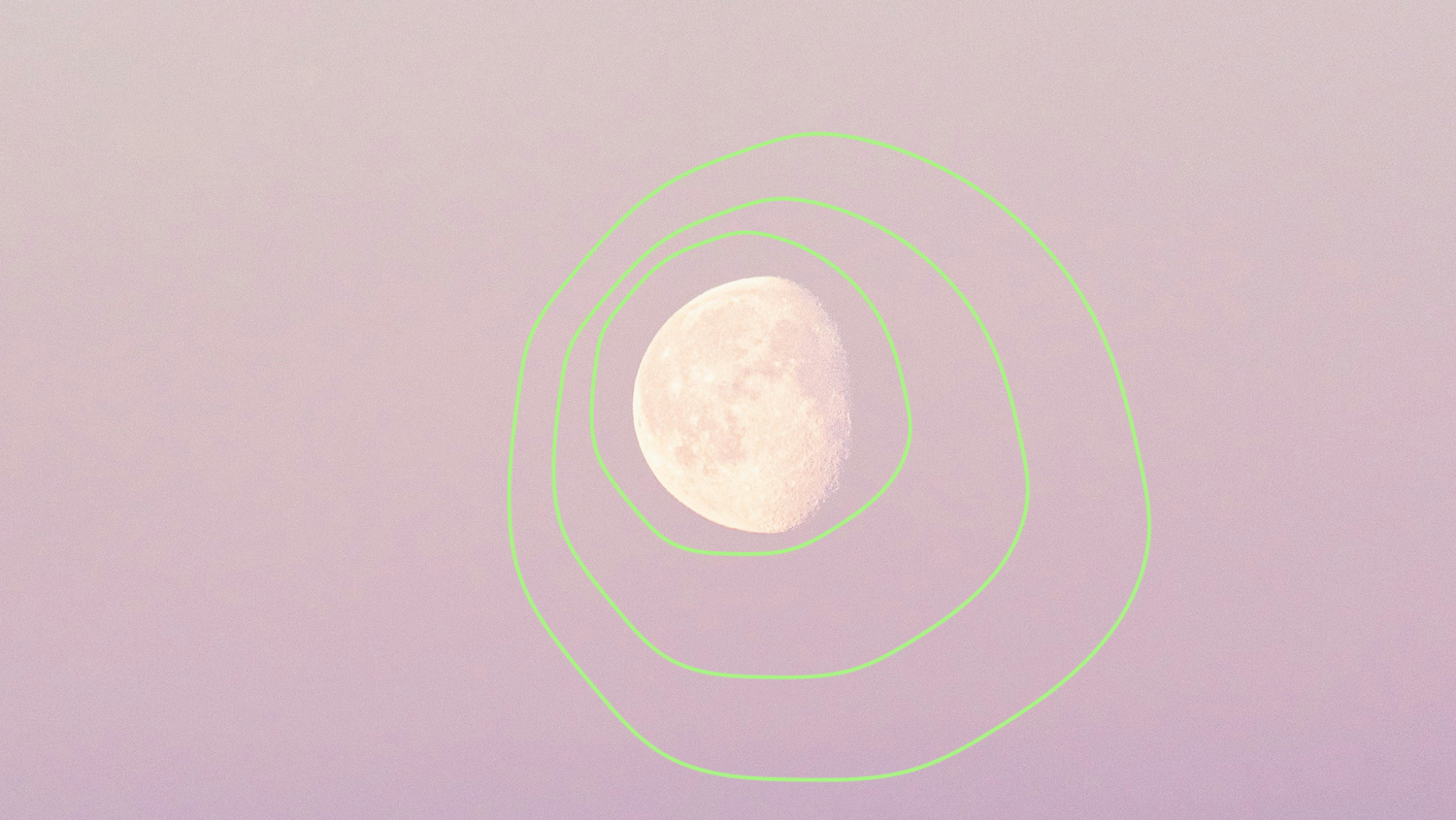First of all though, what is resilience? There are lots of different theories and definitions, both within psychology and within our culture.
Broadly, resilience is how we react to difficult life events. Whether that’s the day-to-day challenges of work, or something more life-changing.
Before I studied it as a psychologist, I had a sense of what that meant. To me it was about a kind of toughness, robustness. Having a thick skin, so that things don’t get to you.
And I definitely had a sense that I wasn’t a very resilient person.
What I’ve learned since has transformed my idea of resilience as a concept, and of my own resilience. So here we go.
1. Resilience is dynamic.
Our resilience changes over the course of our lives, and from day to day, moment to moment.
We know this to be true. I’m sure we’ve all experienced how on one day we can handle something without even thinking much about it, and on another day it can bring us crashing down.
And yet, I think we can still fall into the trap of seeing resilience as a fixed trait, saying something about our character.
And, more unhelpfully, we often place a value judgement on that. (Which, ironically, can undermine our resilience.)
Resilience does vary from person to person. Research suggests some people are, on average, more resilient than other people.
But our resilience is so dynamic, that I think there’s very little value in comparing ourselves to others around us.
2. We can build our resilience, and nurture it.
Most psychological theories agree that there are many different factors that influence our resilience.Some of those are factors are outside of our control. For example, the events themselves, the level of support available, role models we had growing up, or even genetics.
But other factors are within our control. There are things we can do, and develop, to build our resilience and then maintain it over time.
There are three key areas that can be worked on:
- The attention we pay to positive and negative events
- How we think about positive and negative events
- How we deal with positive and negative events
3. Resilience isn’t about not being affected by things.
The word resilience comes from the Latin verb resilire: “to leap back”. It’s not about being unaffected by difficulties. It’s about adapting positively to them.
It’s about coping, learning and growing.
But we can be knocked back first. We can sink. We can fall down.
Resilience is about allowing the fall, the knock. And it’s about supporting ourselves to come back.
Not because we ‘should’, to be worthy or ‘good enough’, but because we want to, for ourselves.
With this lens, I realise I’m much more resilient than I thought I was. As long as I keep doing the things that help me maintain it.
Perhaps the same is true for you too?
Heather x
For more on this topic, check out Heather here:
Website: https://www.mindandco.co.uk/
Instagram: https://www.instagram.com/heather_mindandco/
LinkedIn: https://www.linkedin.com/in/heather-parker-mind-and-co/
Join Heather's email community: https://www.mindandco.co.uk/community





